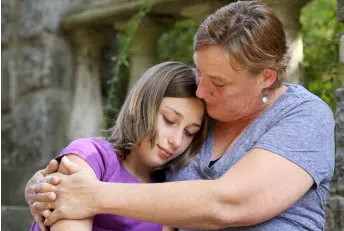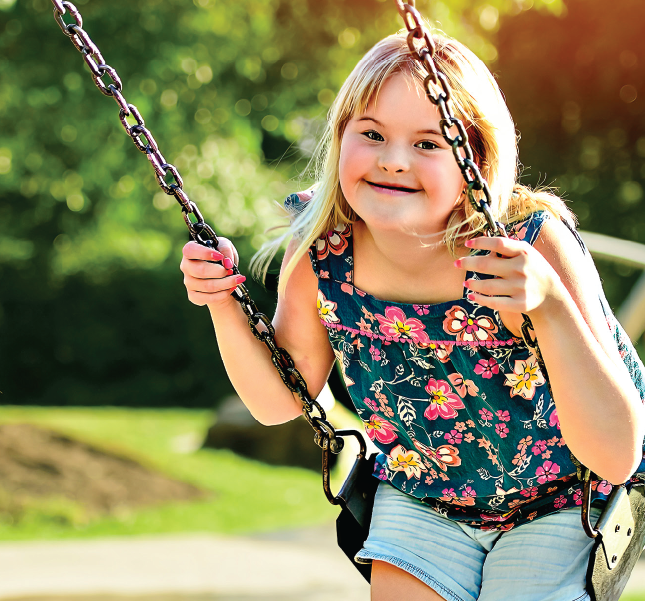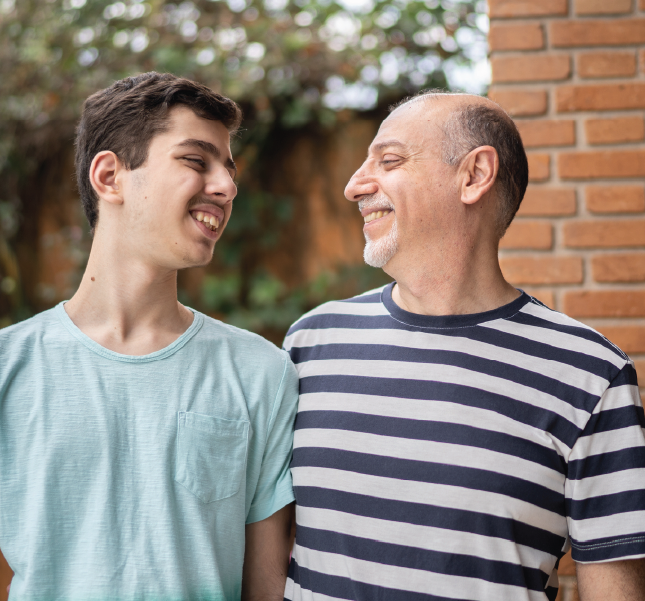There is no perfect formula for being a foster carer. The most important thing is to have a caring heart and open mind, to understand that children in care are likely to have complex family situations and have faced difficulties in their lives. If you have a desire to change the world – one child at a time – we’d love to work with you.
We have an obligation to screen all people expressing interest in caring. Some of the considerations we take into account when assessing your eligibility are detailed below.
AGE
RELATIONSHIP STATUS
BIRTH CHILDREN
HEALTH
FINANCIAL RESOURCES
RESIDENCE
ACCOMMODATION
CHARACTER & REFERENCES
INVOLVEMENT WITH CATHOLICCARE
For more information:
P: (02) 9481 2600
E: info@catholiccaredbb.org.au

check your eligibility today
Tragically, there are many children and young people in our community who are unable to live with their families through no fault of their own.
We have created an interactive survey tool that walks you through the key eligibility criteria for foster care. There is no obligation to submit any personal details, nor any commitment to become a carer.
Frequently Asked Questions
What is foster care and what do foster carers do?
Why do children end up in foster care?
What are the different types of foster care?
Can I adopt a foster child?
How old are the children requiring foster care?
Are children and young people in foster care badly behaved?
Will I get paid to be a foster carer?
Do I have to pay for the child’s expenses myself?
What training is required?
Can I have my own children in the house, and still foster?
Is it true I need to have a spare bedroom for the child or young person? Can they share a room with my other children?
What disqualifies you from being a foster carer in Australia?
How long does it take to be a foster carer?
What will the assessment interviews cover?
I am already a foster carer with another service. Can I become a carer with CatholicCare?
Do children in foster care have contact with their birth family?
Latest Foster Care NEWS
Foster Care Week – a call to open hearts & homes
Foster Care Week is a time to celebrate the unwavering commitment of foster carers - individuals and families who provide safety, stability, and compassion to children in crisis.
Read MoreTaylor thrives in her placement
Before entering an Individual Placement Arrangement with CatholicCare in October 2022, 12 year old Taylor had never lived anywhere for very long. Her placements with foster carers and family members would regularly break down, and in the months before coming to CatholicCare she was living in temporary accommodation with agency workers.
Read MoreA word from our Executive Director
I had not run a foster care service prior to joining CatholicCare, but I had managed other types of programs for children in Out of Home Care. I knew from my experience that kids in foster care almost always thrived.
Read MoreThe long road to adoption
David is a young person in our foster care program. Three years ago, with the support of CatholicCare, David’s foster family made the decision to move toward adoption to ensure David would always be part of their family.
Read More




